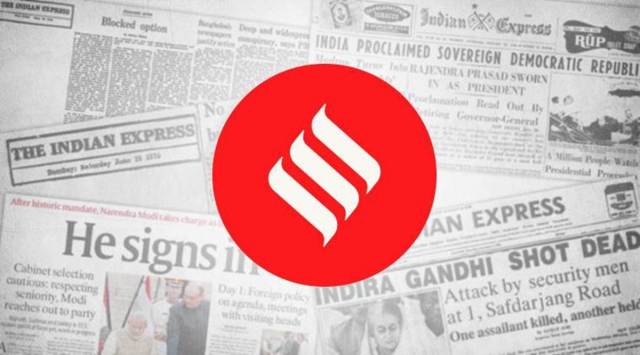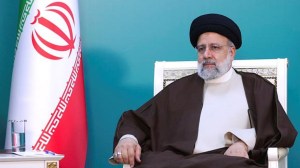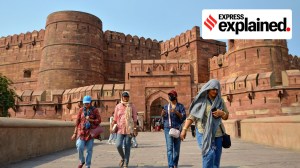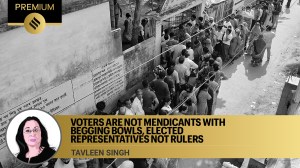- India
- International
Secular socialist
Raghuvansh Prasad Singh may be remembered most for MGNREGA, which he piloted as minister in UPA 1 government.
 The Serum Institute of India, one of the laboratories at the forefront of vaccine development in the country, has reportedly said that it will apply for permission for emergency use of the preventive in a fortnight.
The Serum Institute of India, one of the laboratories at the forefront of vaccine development in the country, has reportedly said that it will apply for permission for emergency use of the preventive in a fortnight.Raghuvansh Prasad Singh, who died on Sunday, was among the last of a generation of Lohia socialists, who witnessed the rise and fall of social justice politics in north India. He was a loyal flag-bearer of Lohia-ite ideology that saw the political empowerment of backward castes as an essential attribute of socialist politics in the Indian context. Born in an upper caste family, with a doctorate in Mathematics, Singh backed Lalu Prasad through thick and thin. His death came two days after he wrote a terse letter to the RJD chief, announcing his resignation from the party.
Though Singh was a legislator for many years in Bihar assembly and in the Lok Sabha, he will be remembered most as the Minister for Rural Development who implemented the MGNREGA during UPA1. Not only did Singh pilot the Act amidst opposition from heavyweights in the Manmohan Singh Cabinet who viewed the scheme as populist and wasteful expenditure, he also oversaw its implementation. A grass roots politician, though less of a mass leader, Singh saw the necessity and potential of the MGNREGA in a country where millions live in precarious conditions. Today, the MGNREGA is universally accepted as the most effective instrument to address rural distress, the pandemic only confirming its importance.
After a sterling performance as the rural affairs minister (2004-09), Singh could have shifted sides, and found a place in the UPA2 Cabinet if he had wished. But Singh stayed with Lalu even though the RJD had become a family fief and its social justice agenda reduced to caste management and patronage. He spoke his mind to Lalu and the party, and in public, in the hope, perhaps, that he could influence a course correction. He was critical of the corruption and nepotism under Lalu, but the pole position the latter assumed as the bulwark of secular politics in Bihar may have compelled him to stay with the RJD, almost till the last.
40 Years Ago
EXPRESS OPINION
More Explained
May 19: Latest News
- 01
- 02
- 03
- 04
- 05































